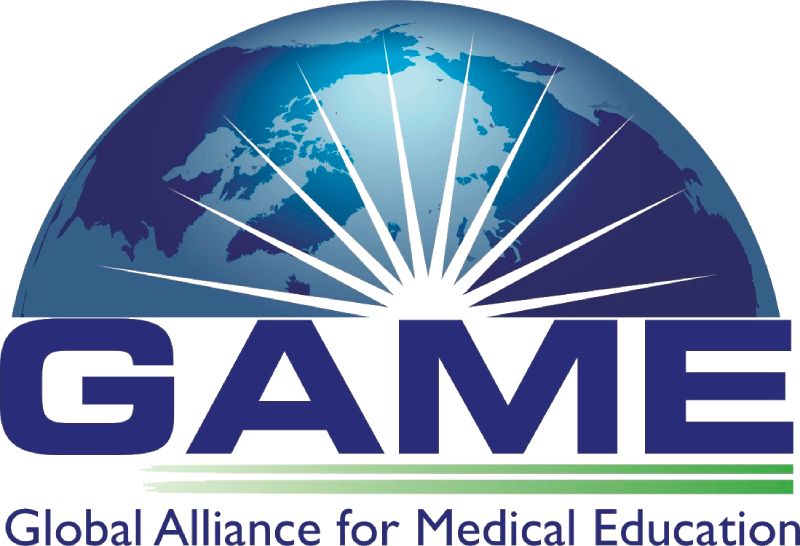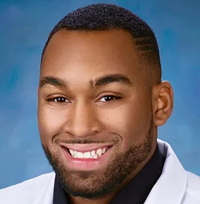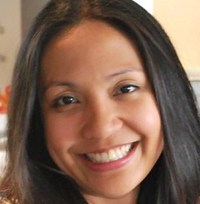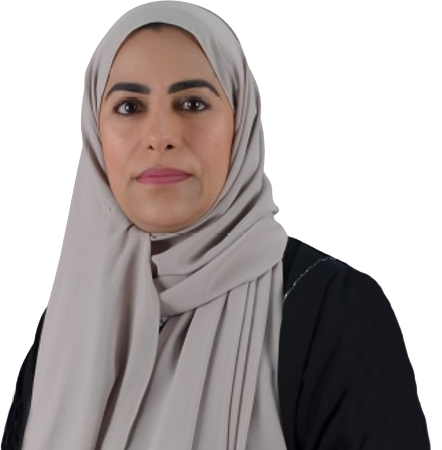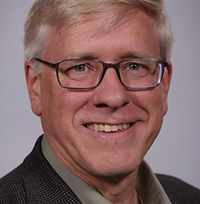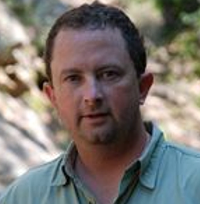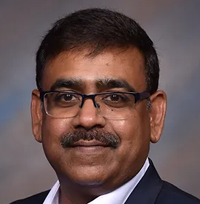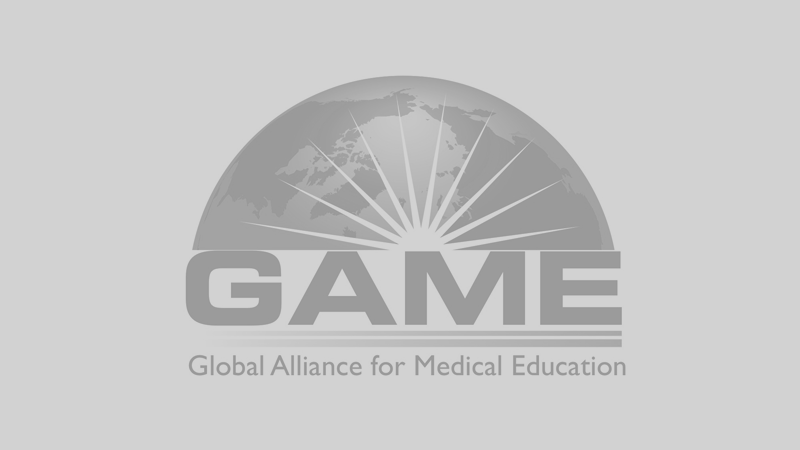Why did you join GAME?
As I left my European expatriate assignment, I knew my new job in the US was in the “profession” of medical education and I needed to learn more as I was to help build a global IME department. Having discovered GAME in my research, I decided to attend their annual meeting in Munich, Germany. I learned a lot, and met many wonderful people that I am still friends with today. Thomas Kellner was leading that conference and welcomed me to become involved. The rest is a history of 12 years of enjoyment volunteering, leading iPACME, being President, and now the Executive Director.
How did you enter the CPD profession?
I started my career as a university professor and after five years I moved over to working within the pharmaceutical industry. Education has always been in my blood, thus I accepted a position as a Medical Science Liaison, where I could educate healthcare professionals and patients in a health care setting. In 2007, I was fortunate enough to receive an expatriate assignment in Paris, France and worked/lived there for 4 years. At the height of my assignment, I managed 26 people in 14 different countries. It was truly a highlight of my career. As the expatriate assignment ended, though, I needed to find another position within Bristol-Myers Squibb back home in the United States. Given my educational background, a Vice President company friend recommended I take a director position in the Independent Medical Education department. I loved the role and the people in the profession so much that I made it my home for the next 15 years.
What would you tell other professionals who are just joining the CPD profession and starting their careers?
Being in the CPD profession is very rewarding but also very demanding. There is a relatively steep learning curve to enter this career, but I recommend newbies embrace this and educate themselves on many of the basics as soon as possible, such as gap analysis, and the behavioral and implementation sciences.
